For six years the annual National Science Quiz has provided the public with a live, entertaining demonstration of ‘how science works’ to solve problems, under the aegis of initiating and coordinating institution, the ARC Centre for Mathematical and Statistical Frontiers (ACEMS).
From 2022 onwards, FLEET will work with a team of other ARC centres to ensure the annual public event endures beyond the tenure of its host organisations.
The National Science Quiz is a celebration of science, the key feature of which has always been a panel of scientists and science communicators who apply equal doses of humour and scientific reasoning to answer a series of thought-provoking questions across multiple branches of science.
Panel host each year has been comedian, ABC TV and radio presenter Charlie Pickering.
The principle of ‘showing your working’ has always applied, so that the audience can follow the thought processes of panellists as they deduce the correct answer.
The Quiz is designed to engage the public and provide a view of ‘scientists doing science’, sparking an interest in science in the younger generation in particular, to help them consider future study or careers in science.
In 2021 there were a large number of families amongst the 1200 participants in the live, online competition, pitting their knowledge and skills against other teams to compete for prizes. (Three times as many again viewed the event later on YouTube).
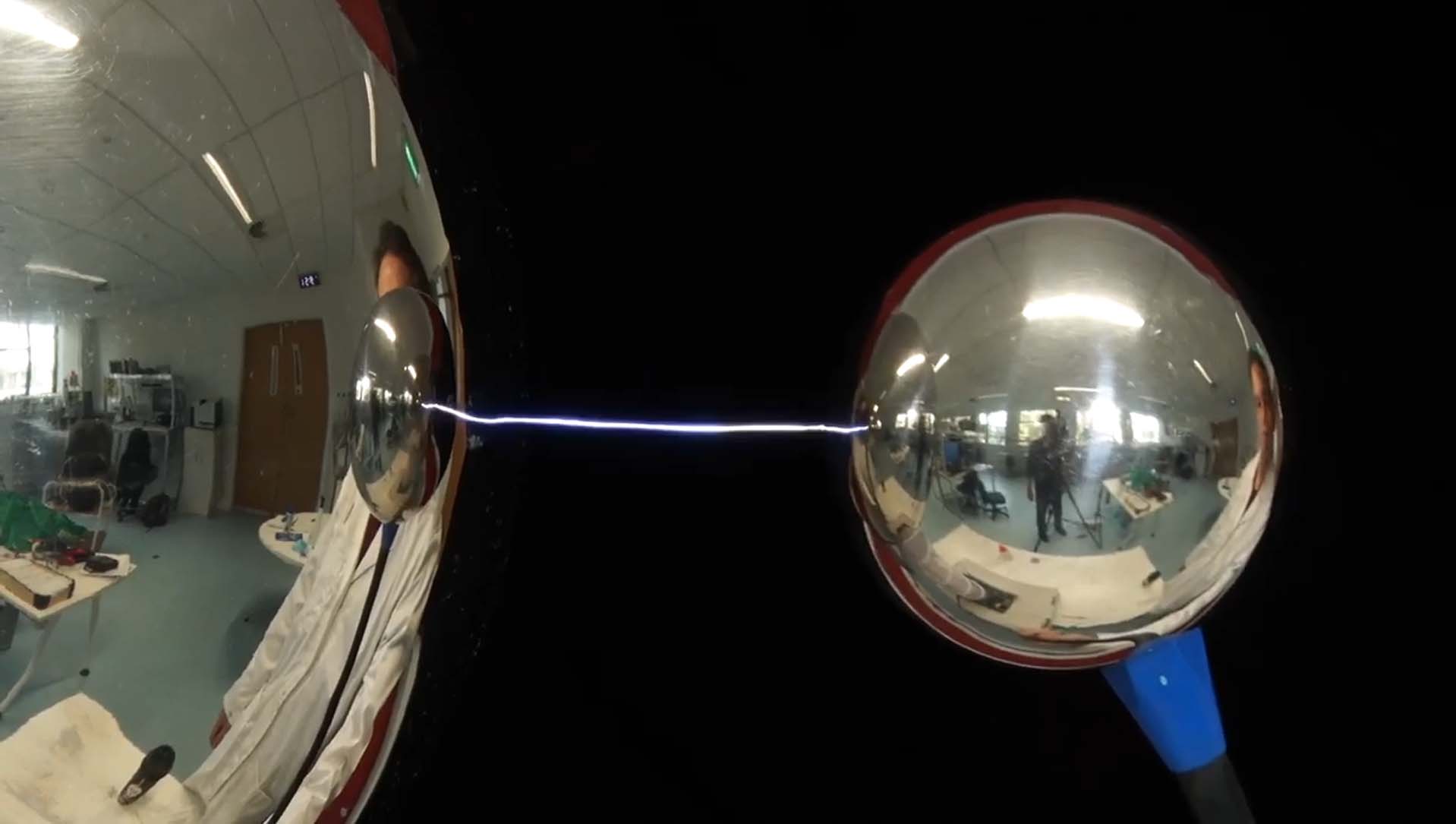
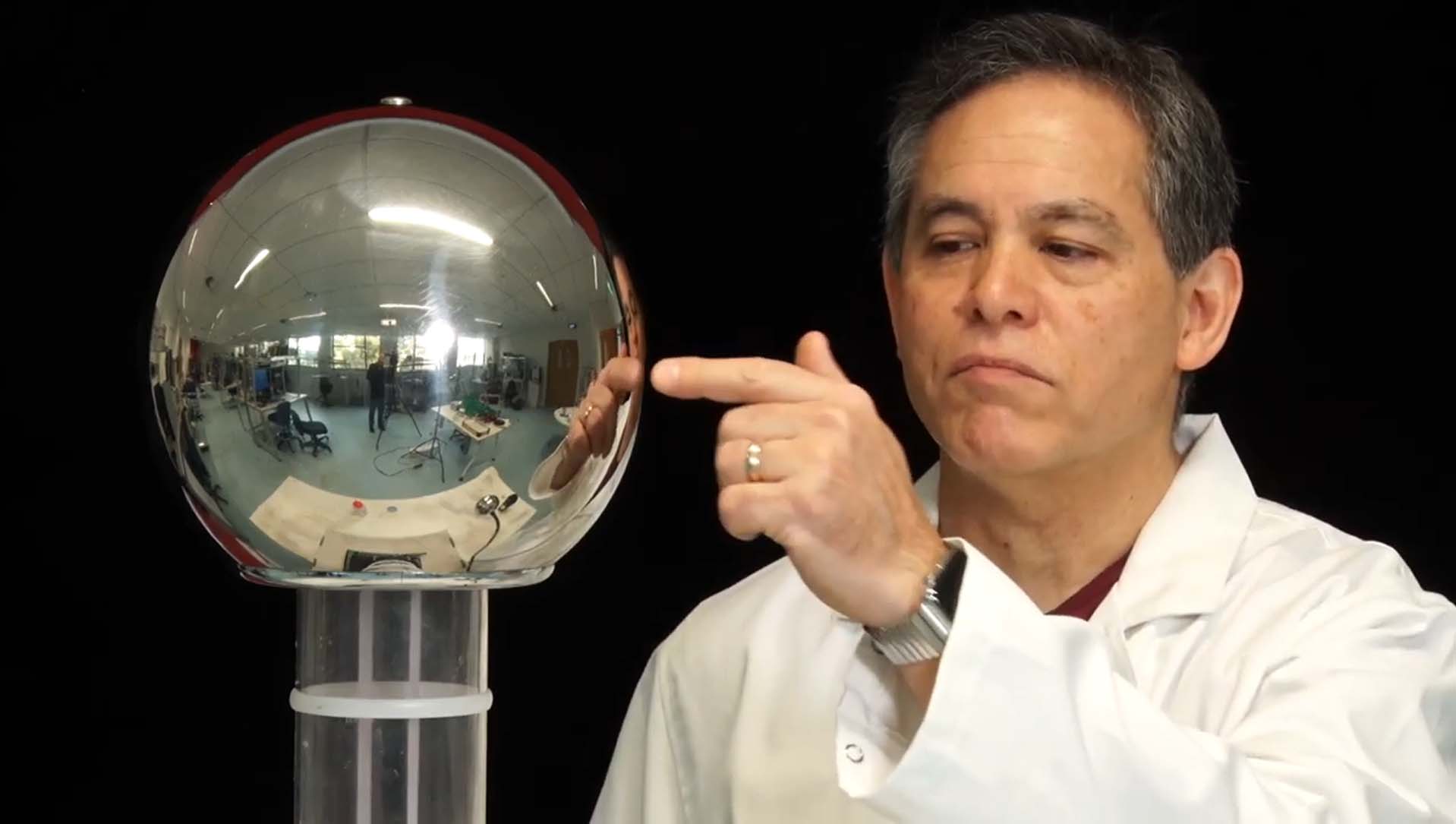
Prof Kris Helmerson (Monash) recorded a series of videos explaining science questions posed to panelists and audience.
Passing the baton
In 2021 FLEET was one of the team of co-hosts coordinated by Centre for Mathematical and Statistical Frontiers, along with The ARC Centres for Exciton Science, Gravitational Wave Discovery (OzGrav), Advanced Molecular Imaging, and Synthetic Biology, with Inspiring Australia.
The long-term goal is that the Quiz becomes an ongoing, annual feature event of the National Science Week program – beyond the terms of the science organisations that host it.
“Over five years, the Quiz has built up a loyal following, which it would be a shame to lose,” says FLEET outreach coordinator Dr Jason Major.
From 2022 onwards, with the Centre for Mathematical and Statistical Frontiers having finished its funding term, the baton has been passed from ACEMS to FLEET. However this is just the first step in the process to ensure the longevity of this valuable asset.
As initial Chair of a new NSQ Steering Committee, FLEET takes on the task of assembling a new, diverse team of partners and sponsor organisations. FLEET will establish a culture of rolling responsibility, with each centre taking on responsibility to Chair the committee and host the Quiz each year.
As Centres mature through their lifecycle (seven years for an ARC Centre of Excellence), this approach should provide adequate opportunity for Centres to develop their involvement in the National Science Quiz, take the lead and then pass on the baton to other Centres.
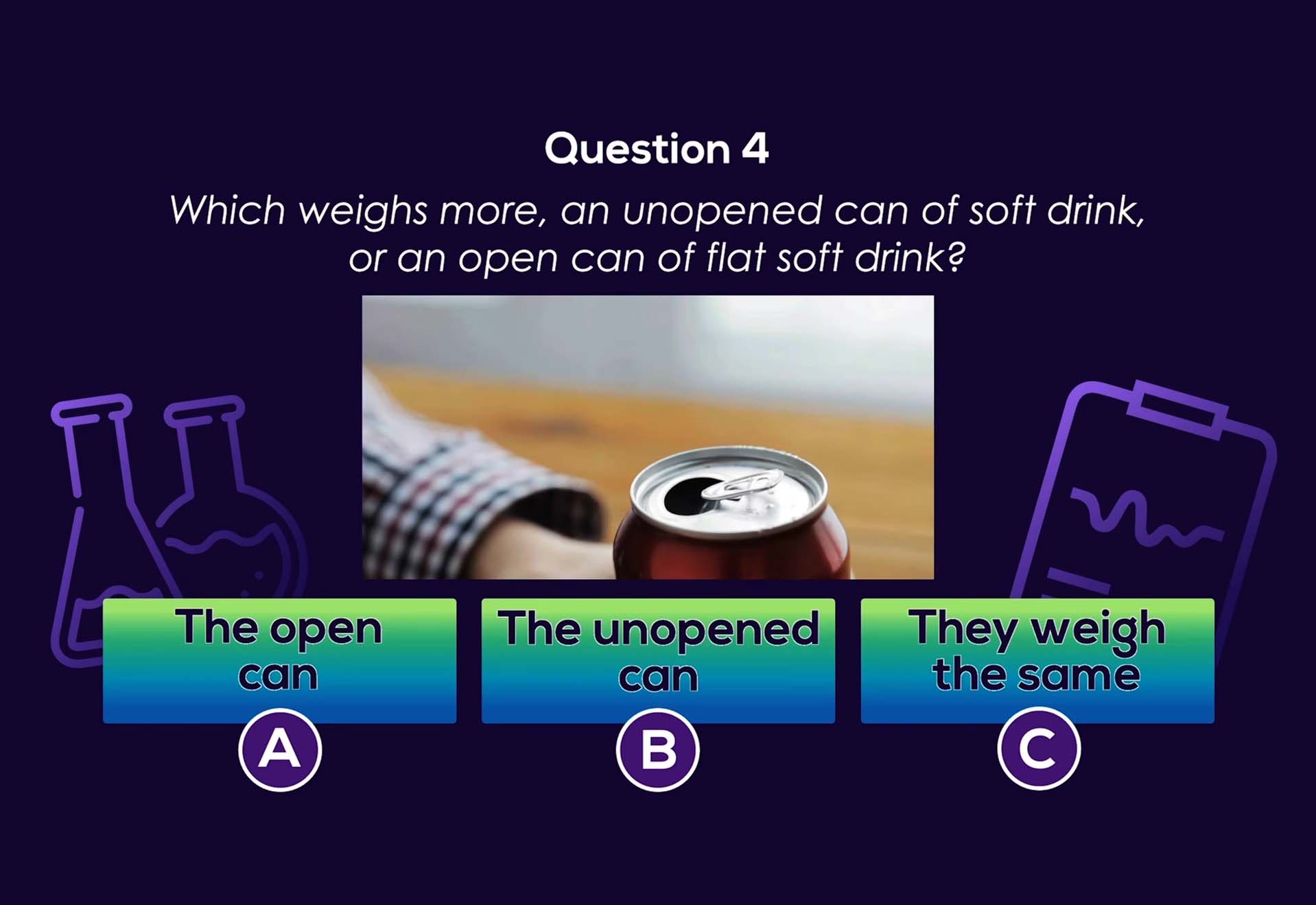
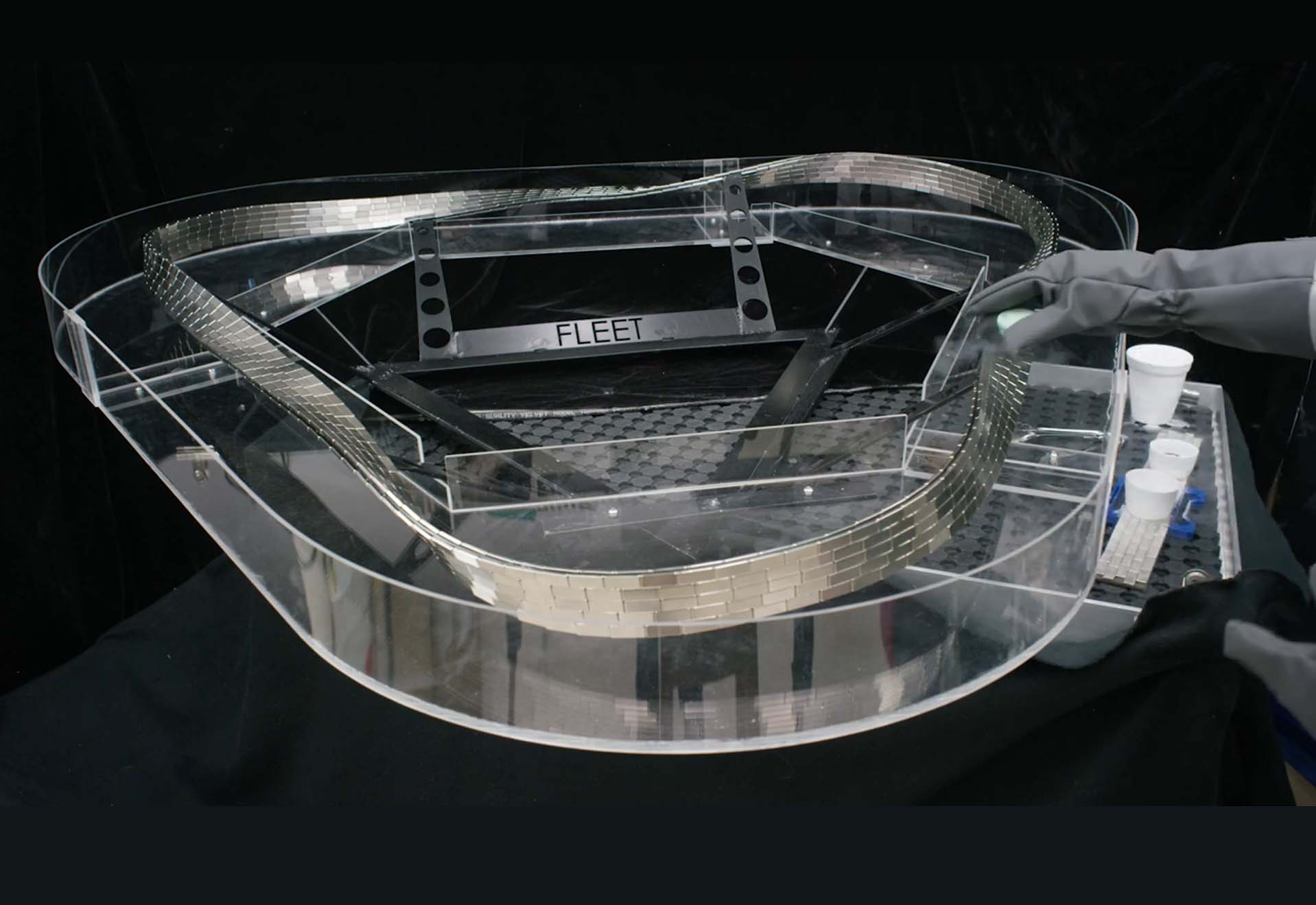
National Science Quiz audience participation combines multiple-choice questions and engaging explanatory videos.
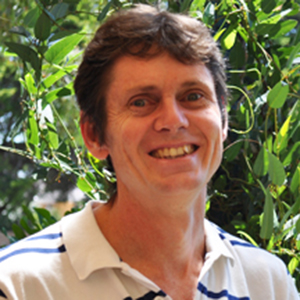
This is a new model for ongoing outreach events amongst ARC Centres. It means the great work done by ACEMS over the last six years will continue – and we will ensure it continues beyond FLEET’s tenure too. Essentially, we’re applying the same principles of legacy and sustainability to this valuable science-outreach asset as Centres do to research translation!
Dr Jason Major FLEET Senior Outreach Coordinator
The current National Science Quiz committee members are outreach and communications officers at FLEET, the ARC Centres for Exciton Science and Plant Success in Nature and Agriculture, and the MATRIX Institute at the University of Melbourne’s School of Mathematics and Statistics.
As well as ensuring adequate funding, there is a usefully diverse science focus amongst participating centres, including physics, chemistry, agriculture and maths. In addition, individuals on the committee bring skills in outreach, communication, publicity, live events and TV.